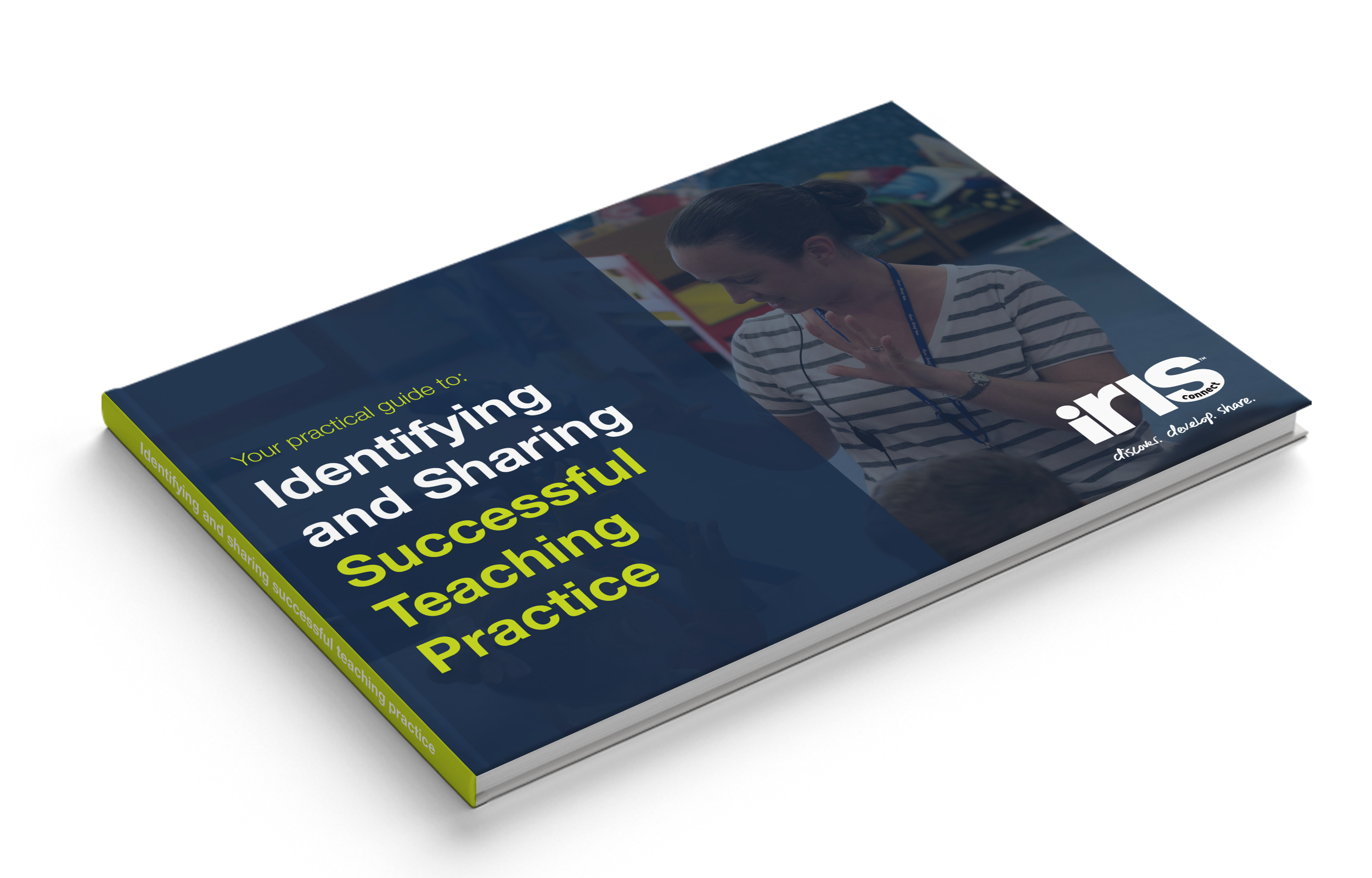Identify & share successful teaching
Learn how you can use Positive Deviance inquiry to identify and spread effective teaching methods throughout your school. Find out what's inside >

"Somewhere in your organisation, groups of people are already doing things differently and better. To create lasting change, find areas of positive deviance and fan their flames." - Pascale and Sternin, Harvard Business Review
In every group of teachers, there are always a few who have exceptional results. You know who they are: those amazing educators who achieve outstanding outcomes for their students. But have you identified exactly what makes them so successful? And have you shared their teaching methods with others?
Their outcomes are successful (positive), but uncommon (they deviate from the norm). Within virtually every population of teachers or schools, these “positive deviants” exist. These individuals present an incredible opportunity for achieving sustainable change in your school, teaching school alliance or multi-academy trust.
Positive Deviance inquiry helps you identify teachers who have solved problems that others, with access to the same resources, have not been able to solve.
As the Positive Deviance Institute explains, it’s “an asset-based, problem-solving, and community-driven approach that enables the community to discover these successful behaviours and strategies and develop a plan of action to promote their adoption by all concerned“.
This guide includes:
“The task of the leader is not to tell teachers what (best practices) are but to create opportunities for educators to discover them for themselves. ... Effective leaders give teams of experienced teachers — the building leaders — time to visit successful schools and to discuss what they’ve learned with colleagues. Teachers need to see models of much more successful classrooms in order to believe that all students can succeed.”
Education expert Toni Wagner